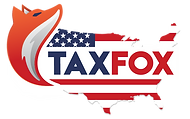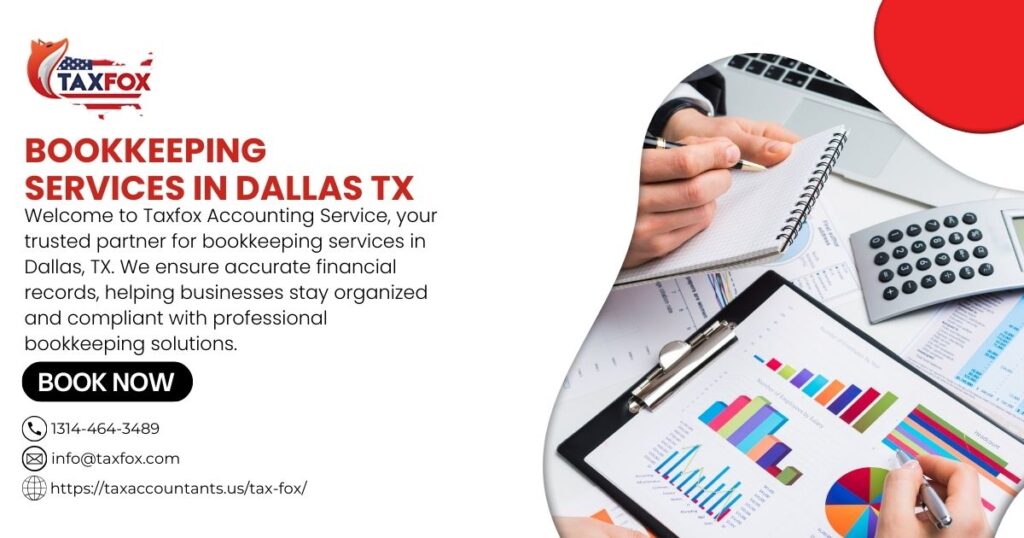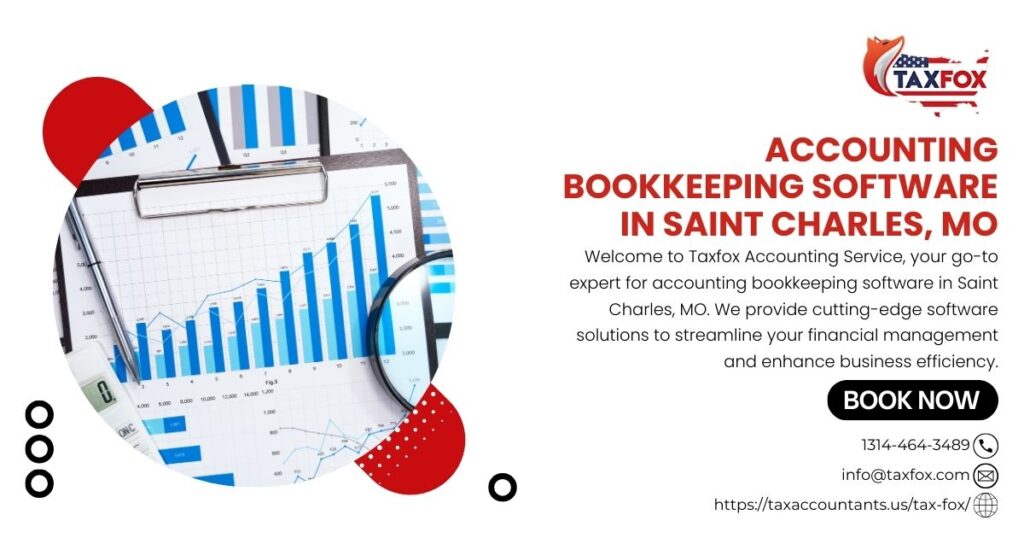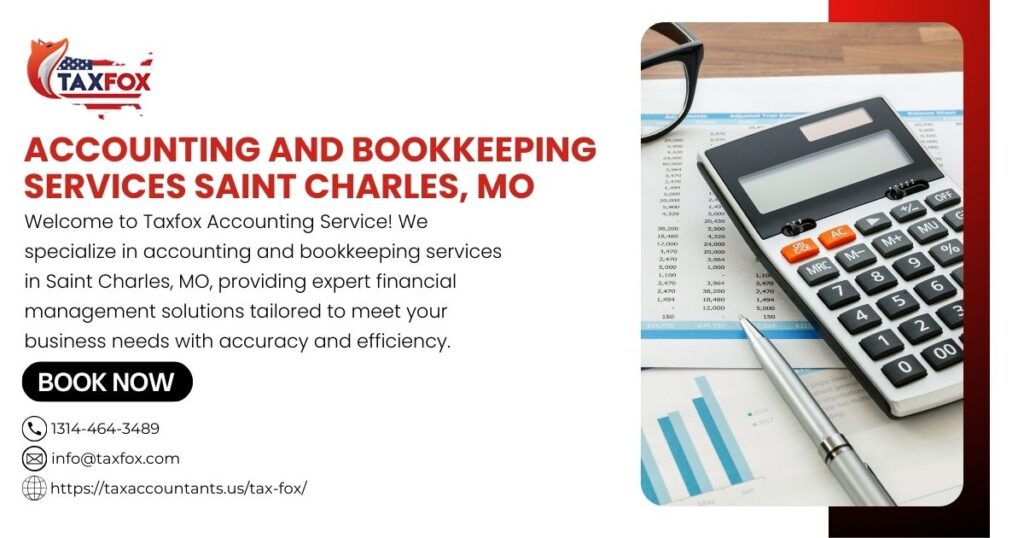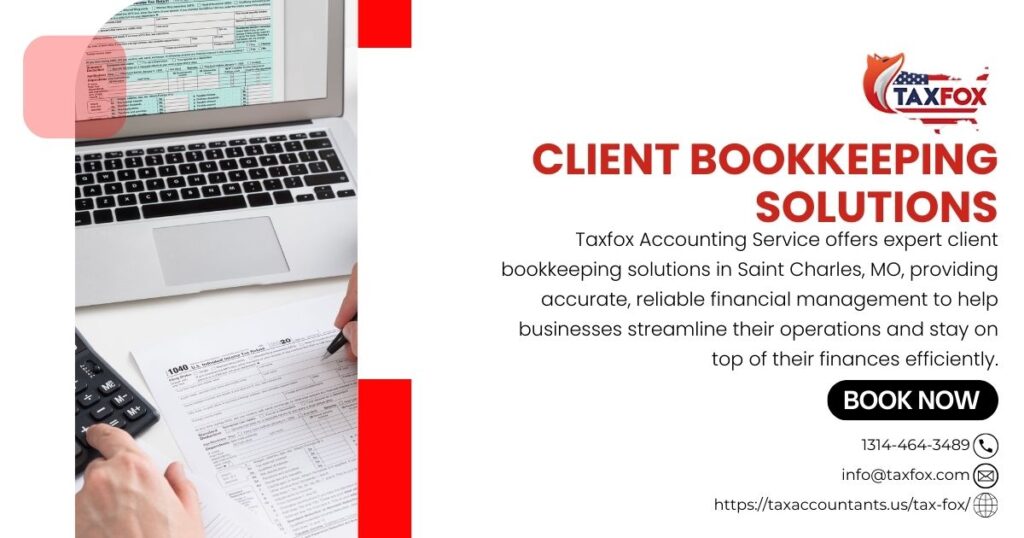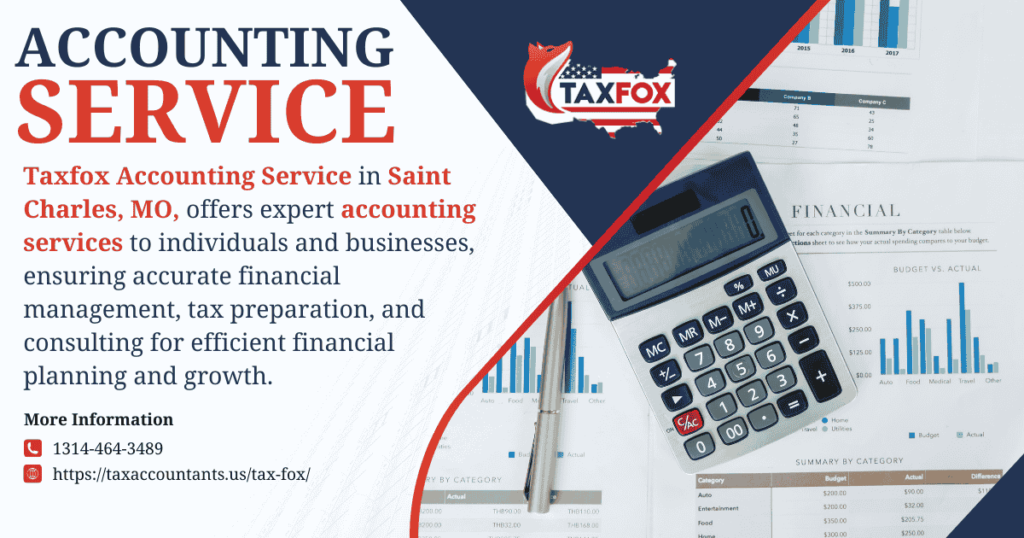How to Prepare for Tax Season Now?
As tax season approaches, small business owners in Saint Charles, MO, and Dallas, Texas, must take proactive steps to ensure they are prepared for the upcoming filing deadlines. Proper preparation can save you time, reduce stress, and save money on your tax bill. Here are some essential steps to help you prepare for tax season now.
First, it’s crucial to understand the importance of accurate record-keeping throughout the year. This includes tracking your income, expenses, and deductions, which can significantly impact your overall tax liability. Utilizing accounting services for small business streamline this process, ensuring you have all the necessary documentation when it’s time to file taxes.
Additionally, consider reviewing your W-4 withholding to ensure you pay your taxes effectively throughout the year. This can help you avoid surprises when it comes time to file your income tax return.
Moreover, organizing your tax documents early can save you a lot of headaches as the deadline approaches. Gathering all necessary paperwork, such as receipts, invoices, and previous tax returns, smoother the filing process.
Finally, maximizing your retirement contributions can provide tax benefits while securing your financial future. If you’re unsure about the best strategies for your business, consider consulting with professionals who offer accounting services for a small business. They can provide tailored advice to help you navigate the complexities of tax season effectively.
By taking these steps now, you can ensure that you are well-prepared for tax season and ready to tackle your filing obligations confidently.

Review Your W-4 Withholding
One of the first steps in preparing for tax season is to review your W-4 withholding. The W-4 form determines how much federal income tax to hold from your paycheck. If you’ve experienced significant life changes, such as marriage, divorce, or the birth of a child, it’s essential to update your W-4 to reflect these changes.
By adjusting your withholding, you can avoid overpaying or underpaying your taxes throughout the year. Overpaying means you’re giving the government an interest-free loan, while underpaying can lead to penalties when you file your income tax return.
To review your W-4, start by calculating your expected tax liability based on your income and deductions. You can use the IRS withholding calculator to help you determine the appropriate amount to withhold. If your current withholding needs to be aligned with your tax situation, submit a new W-4 to your employer as soon as possible.
For small business owners, it’s also important to consider how your business income affects your overall tax situation. If you’re using accounting services for a small business, they can help you analyze your income and expenses to ensure that your withholding aligns with your tax obligations.
By reviewing your W-4 withholding now, you can set yourself up for a smoother tax season and avoid surprises when it comes time to file your taxes.
Track Your Expenses and Deductions
Tracking your expenses and deductions is critical to preparing for tax season. Accurate record-keeping can help you identify potential deductions that can lower your taxable income, ultimately reducing your tax liability.
Start by categorizing your business expenses, such as office supplies, travel, and utilities. This will make it easier to identify which expenses are deductible. If you’re using bookkeeping services for small business, they can assist you in organizing your financial records and ensuring that you capture all eligible deductions.
Keep track of any receipts or invoices related to your business expenses. Digital tools and apps can help you scan and store these documents, making it easier to access them when it’s time to file taxes.
Don’t forget to consider deductions related to your home office if you work from home. The IRS allows you to deduct some of your home expenses, such as rent or mortgage interest, utilities, and internet costs, if you use part of your home exclusively for business purposes.
Moreover, if you have employees, ensure you accurately track payroll expenses. Utilizing inexpensive payroll services can help you manage payroll effectively while ensuring compliance with tax regulations.
By diligently tracking your expenses and deductions throughout the year, you can maximize your tax savings and make the filing process much more manageable.
Organize Your Tax Documents
Organizing your tax documents is a crucial step in preparing for tax season. Having all necessary paperwork readily available can save you time and reduce stress when filing your taxes. Start by creating a dedicated folder or digital file for your tax documents to store everything in one place.
Gather essential documents, such as your previous year’s tax return, W-2, 1099 forms, and other income statements. If you’ve used accounting services for small businesses, they may provide a summary of your income and expenses, which can be helpful during tax filing.
Additionally, collect receipts and invoices for any deductible expenses. Organizing these documents by category can help you identify which expenses you can claim on your tax return. Consider using accounting software or apps that allow you to scan and store receipts digitally, ensuring you have a backup in case of an audit.
If you have employees, gather all payroll-related documents, including payroll tax filings and records of any benefits provided. Payroll bookkeeping services can help you maintain accurate records and ensure compliance with tax regulations.
Furthermore, remember to include any documentation related to retirement contributions, business licenses, and other relevant financial information. Organizing and making all these documents accessible will streamline the filing process and help you avoid last-minute scrambles.
By organizing your tax documents now, you can confidently approach tax season, knowing you have everything you need to file accurately and on time.
Maximize Your Retirement Contributions
Maximizing your retirement contributions is smart and can provide significant tax benefits. As a small business owner, contributing to a retirement plan can reduce your taxable income, lowering your tax liability.
Start by reviewing your retirement plans, such as a Simplified Employee Pension (SEP) IRA, a Solo 401(k), or a Simple IRA. Each plan has different contribution limits and tax implications, so choosing one that aligns with your financial goals is essential.
If you’re using accounting services for small business, they can help you determine the best retirement plan for your situation and guide you on how much you can contribute. For example, in 2023, you can contribute up to $66,000 to a Solo 401(k) if you’re self-employed, which can significantly reduce your taxable income.
Additionally, consider setting up automatic contributions to your retirement account. This will help you stay consistent with your savings and maximize your yearly contributions.
Remember that contributions to retirement accounts are often tax-deductible, which can further reduce your income tax filing obligations. By prioritizing your retirement savings now, you can secure your financial future while benefiting from tax advantages.
Consider Filing an Extension
If you are overwhelmed as tax season approaches, consider filing for an extension. While filing your taxes on time is essential, an extension can provide additional time to gather your documents and ensure that everything is accurate.
Filing an extension gives you an extra six months to submit your tax return, which can be particularly beneficial if you’re still waiting on specific documents or need more time to track down deductions. However, it’s important to note that an extension to file is not an extension to pay. To avoid penalties and interest, you must estimate your tax liability and pay any owed taxes by the original due date.
If you’re unsure about your tax situation, consulting with professionals who offer accounting services for small businesses can provide clarity. They can help you assess whether filing an extension is correct and guide you through the process.
Additionally, remember that while an extension can relieve some pressure, staying organized and proactive is still crucial. Use the extra time wisely to ensure that you’re fully prepared when it comes time to file your taxes.
FAQs
When should I start preparing for tax season?
It’s best to prepare for tax season as early as possible, ideally several months in advance, to ensure ample time to gather documents and track expenses.
Can I do my taxes?
Yes, many small business owners choose to do their taxes, especially if they have a straightforward financial situation. However, consulting a tax professional can provide valuable insights and help maximize deductions.
Should I file my taxes now or wait?
If you have all your documents ready and your financial situation is clear, filing your taxes sooner rather than later is often beneficial to avoid last-minute stress.
Recent Posts
-
 How to Prepare for Tax Season Now?
How to Prepare for Tax Season Now? -
 Client Accounting Services to Help Drive Your Business
Client Accounting Services to Help Drive Your Business -
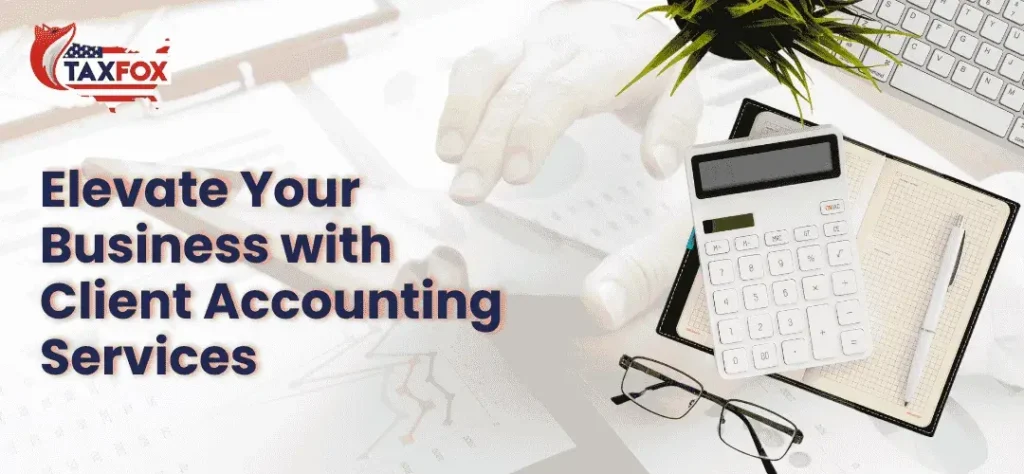 Elevate Your Business with Client Accounting Services
Elevate Your Business with Client Accounting Services -
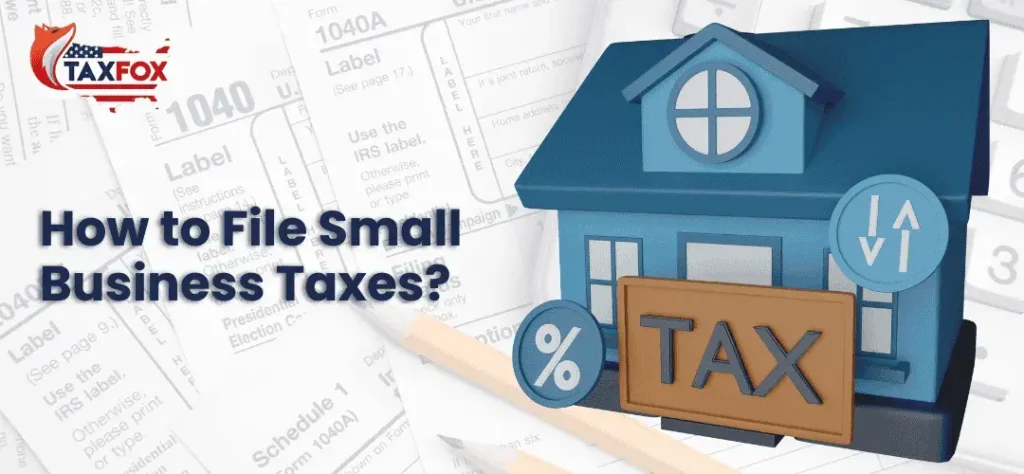 How to File Small Business Taxes
How to File Small Business Taxes -
 Grow Your Business with the TaxFox Small Business Tax Center
Grow Your Business with the TaxFox Small Business Tax Center -
 What is the Difference Between Tax Services and Accounting Services?
What is the Difference Between Tax Services and Accounting Services? -
Dallas, TX Bookkeeping Services
-
Accounting Bookkeeping Software
-
Accounting and Bookkeeping Services
-
Client Bookkeeping Solutions
-
Accounting Service
Reach us
- +1 636-206-6265
- info@taxfox.com
- Maryland Heights, Missouri 63043 United States
Useful Links
